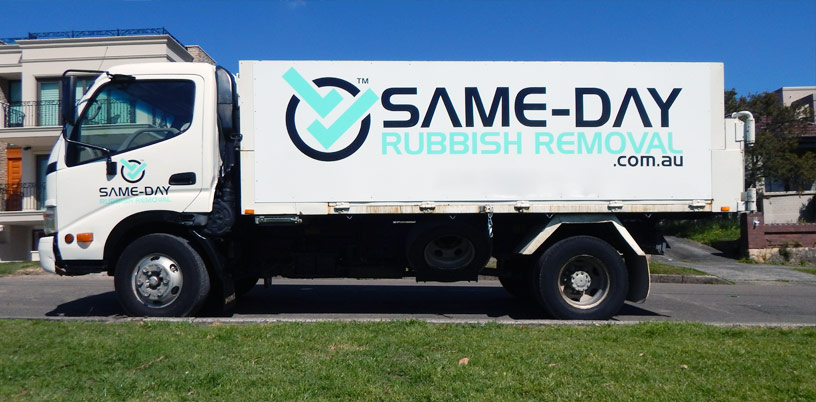The Development Of Dumpster Rental: A Historical Perspective, Contemporary Practices, And Arising Patterns
The Development Of Dumpster Rental: A Historical Perspective, Contemporary Practices, And Arising Patterns
Blog Article
Post Writer-Aguilar Iversen
As you contemplate the advancement of dumpster leasing, take into consideration how each age has contributed to shaping the waste monitoring landscape we browse today. From simple beginnings in the 1930s to the cutting-edge technologies of the present, the journey of dumpster service has actually been marked by innovation and adjustment. Yet what pushes the horizon for this vital service? The future patterns in sustainable practices hold the secret to unlocking a more effective and eco-conscious technique to throw away monitoring. Remain tuned to uncover exactly how the dumpster service sector is positioned to embrace a greener tomorrow.
Historic Roots of Dumpster Rental
Explore the beginnings of dumpster service and how it has formed waste monitoring practices over time.
Dumpster rental traces back to the 1930s when George Roby Dempster, a Tennessee business owner, developed the Dempster-Dumpster. click here to read changed garbage disposal by providing a marked container for gathering and carrying garbage successfully. Originally used for construction sites, the idea promptly expanded to residential and commercial setups, causing the establishment of the initial dumpster rental solutions in the 1960s.
Throughout the years, dumpster leasing has significantly influenced waste administration methods by advertising ease, sustainability, and organization. The capability to streamline waste in devoted containers simplifies collection procedures, lowers littering, and boosts recycling initiatives. Additionally, dumpster leasing motivates individuals and businesses to adopt liable waste disposal behaviors, contributing to cleaner atmospheres and decreased ecological effect.
Modern Innovations in Waste Administration
Integrating advanced technologies and lasting practices has actually reinvented waste administration in recent years, boosting performance and environmental impact. One significant innovation is making use of smart waste administration systems that utilize sensing units to monitor waste degrees in real-time, optimizing collection courses and routines. These systems help reduce unnecessary pick-ups, decreasing gas usage and discharges.
One more modern development is the execution of waste-to-energy centers, where non-recyclable waste is exchanged energy through procedures like incineration or anaerobic digestion. dirt dumpster reduces the volume of waste destined for land fills however additionally produces renewable energy.
Furthermore, the intro of single-stream recycling has simplified the reusing procedure for consumers, causing greater engagement rates and improved diversion from garbage dumps. Furthermore, advancements in composting innovations have made organic waste monitoring a lot more efficient, transforming food scraps and backyard waste into important compost for farming usage.
Anticipated Trends in Sustainable Practices
Lasting waste administration techniques are advancing swiftly to satisfy the boosting needs for environmental obligation and source performance. As you seek to the future, numerous vital trends are prepared for to form the industry. One major focus will be on decreasing waste generation via much better product layout and packaging. Firms will significantly embrace round economy concepts, aiming to decrease waste and optimize the life-span of products.
Another trend to look for is the increase of innovative recycling technologies. Developments in chemical recycling and pyrolysis are anticipated to use brand-new options for taking care of facility or polluted waste streams that conventional recycling approaches have a hard time to process effectively. These technologies have the prospective to reinvent how we handle waste, transforming difficult-to-recycle products right into useful sources.
Furthermore, anticipate to see a better emphasis on organic waste diversion. Composting programs and anaerobic food digestion centers will end up being much more prevalent as areas make every effort to lower the amount of organic matter sent out to landfills. By purchasing these lasting practices, we can relocate in the direction of a more round and resource-efficient waste administration system.
Conclusion
In conclusion, dumpster leasing has actually come a long way given that its beginning in the 1930s. From its modest starts on building and construction sites to its widespread usage in residential and commercial setups, the industry has actually constantly evolved to fulfill the altering demands of waste monitoring.
With the introduction of modern advancements and a concentrate on sustainable practices, the future of dumpster service looks appealing, with a strong focus on efficiency, ecological responsibility, and technology.
